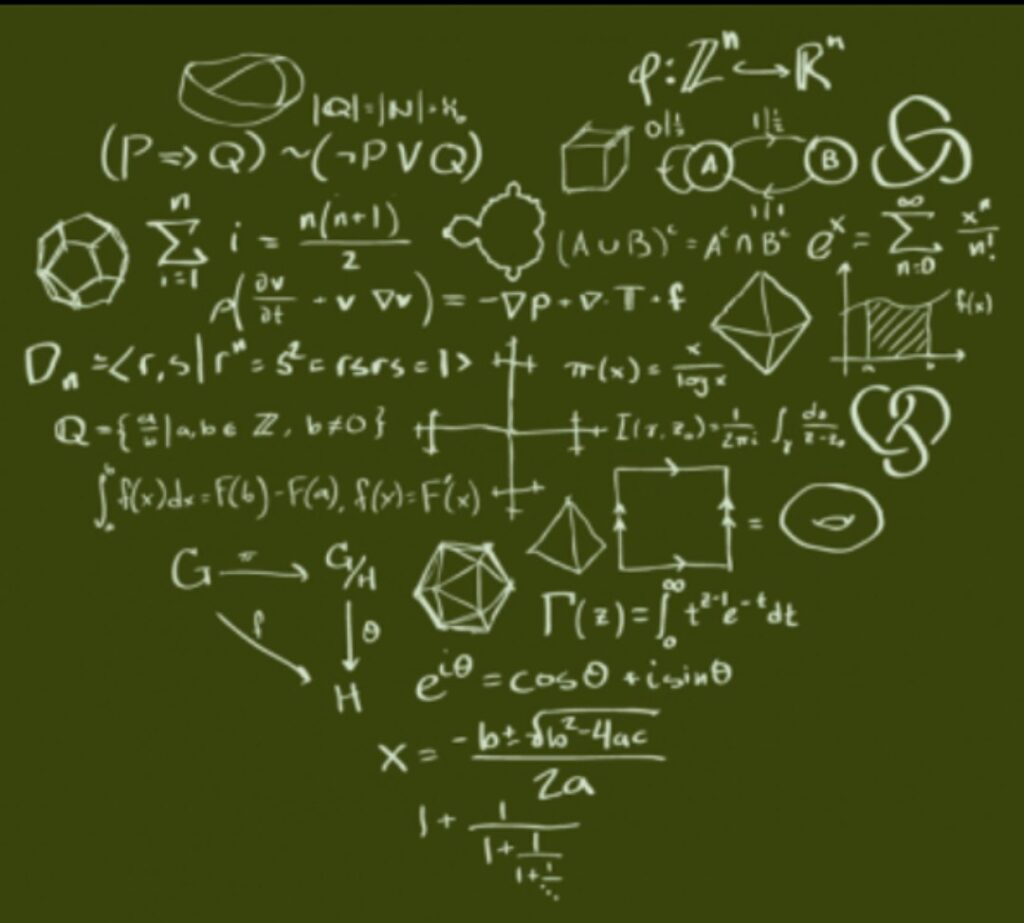10 tips on how to help a child in math grade 3.
Mathematics is unfairly considered the most difficult science that neither adults nor children love. But how can we help a child in mathematics if we don’t even give them a chance to understand its beauty, depth and value? Look around you. Everything around us is subject to the laws of mathematics: time, space, objects and phenomena. Numbers are used not only in complex engineering, but also in such banal everyday things as cooking lunch. It is time to think: maybe it is not mathematics, but our unfair treatment of it?

Content:
- The child doesn’t understand math: We’re looking for the cause of the problem.
Why is math so hard to understand?
- How to help your child cope with math? Simple ways to solve a difficult problem.
- How to help your child find meaning, beauty and a new hobby in math?
Use of Soroban® courses
The kid doesn’t understand math: we’re looking for the cause of the problem.
In general, several conditions must come together for the successful study of exact science:
The ability of the child to understand and solve mathematical problems;
a student’s confidence in his abilities;
interest in mathematics;
a comprehensible explanation of the material.
Lack of mathematical abilities in a child because of the humanitarian warehouse of mind – a myth that modern scientists have long debunked. All children are potentially talented, very capable. Yes, in some students the advances in mathematics are visible from an early age, and in others are poorly expressed. This means only one thing – you need to pay more attention to their development. Essential knowledge of math grade 3.
In addition, many parents mistakenly believe that the mathematical mind is logic, analytical thinking. In fact, in order to understand the exact science one needs also good imagination, effective memory, volumetric attention, spatial thinking, speed of decision making, intuition.
Why is mathematics so difficult to understand?
More often than not, mathematics is difficult for a schoolboy due to psychological reasons:
Loading classes from an early age, you discouraged him from learning;
the kid is not sure of himself, convinced of his mathematical stupidity (also from adults, often teachers);
you may have told him about your child’s problems with maths, and the child believed it was complex and incomprehensible;
the student is not interested in teaching the discipline because he does not understand its meaning, practical usefulness;
critique, punishment for bad grades formed a fear of mistakes and failures, and mathematics, as A. P. Konforovich said, “concedes its fortress only to the strong and brave;
the subject is read at school uninteresting and incomprehensible.
How to help your child to cope with mathematics? Simple ways to solve a difficult problem
You must understand that math ability is only a 10% gift from God, and the remaining 90% consist of effective motivation and hard systematic work. To begin with, you must develop a positive attitude towards the queen of science in your child, and then organize effective learning.
We offer 10 tips for parents to help their child cope with mathematics:
Showcase examples of how you can apply mathematical knowledge in life. Tell about the connection to mathematics in other sciences, professions, and arts.
Encourage your child’s interest in numbers. Talk about the benefits and beauty of exact science, and about your own negative experiences and difficulties with mathematics.
Do not force children to learn math before they are ready.
Make learning interesting. Use games, puzzles and no cogging in learning!
Use illustrative examples. Primary school-age children and preschool children have a strong visual mindset. If they can visualise a mathematical problem, they will find it easier to solve it.
Keep in touch with your teacher. This will make it possible to help the student in time if he or she is behind on a topic. Remember, in math, everything is interconnected. There should not be any gaps here, because a misunderstanding of one problem can lead to a gap on the following topics as well.
Teach from simple to complex. The advantage of mathematics is in its accuracy and consistency.
Take at least 15 minutes to learn every day. Regular exercise is the main condition of any development process, both physical and mental. Practice and repeat the material you have learned. The more the child puts his or her knowledge into practice, the better he or she will learn it.
Praise and forget about criticism. Mistakes are not scary. They will help the student better understand what he or she is doing wrong and find the right solution. Focus better on what the child is doing well, be sure to notice the little mathematical success of the student, teach him to think that if you try well, everything will work out.
Develop a child’s mind harmoniously, paying attention not only to logic and analysis skills, but also imaginative thinking, memory, wit. It is useful to enroll a student in educational courses.
How to help your child in math to find meaning, beauty and a new hobby?
If your child is 5-11 years old, enroll him in the Soroban® School of Mental Arithmetic. Despite its name, Soroban® is not a math school. In courses, children are taught speed arithmetic arithmetic in the mind, but the main purpose of training – harmonious, comprehensive development of intelligence, thinking, training skills for rapid and effective decision-making.
Use online gre course:

visual training (using the soroban counting tool), allowing children to quickly understand the principles of counting;
development of logical, analytical left hemisphere, responsible for perception and memorization of information in the form of symbols, search for patterns, forecasting, sequence of thinking;
development of creative, imaginative hemisphere, which helps children think outside the box, perceive information holistically, visualize, represent objects in space, fantasize; Check out the free online gre course
development of attention, perseverance and other skills that help children focus on their tasks;
a positive experience of mathematical tasks that builds confidence in their abilities and inspires new personal records in the study of exact science within the normal school setting;
a generally positive attitude towards mathematics that is achieved through interesting teaching, an unusual format of teaching, the practice of using computer and dynamic games in class.
In Soroban® courses, children acquire special skills that even a mathematics teacher cannot. And after all, many parents of students of the school of mental arithmetic also at first thought that their children are not able to understand the exact science. As you can see, nothing is impossible. All you have to do is help your student a little.